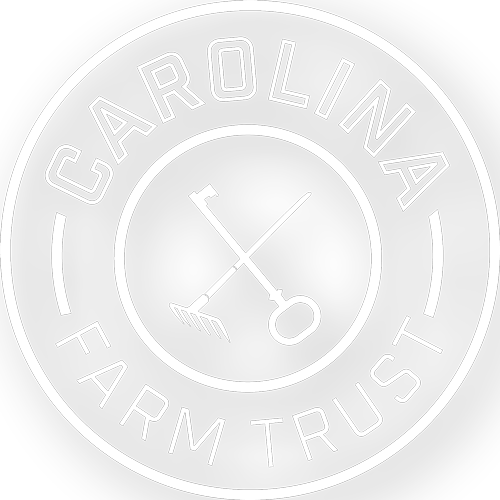WFAE 90.7 Charlotte’s NPR News Source –
“On the next Charlotte Talks, a look into food insecurity. The queen city is populated with areas known as food deserts, areas in which it is difficult or impossible to buy affordable fresh food. We sit down with a panel of guests to discuss what can be done about this.
As of 2015 nearly 90,000 of Charlotte’s residents don’t have access to healthy foods. Charlotte’s poorer areas are particularly hard hit by this.
This lack of food security for many of Charlotte’s residents highlights the uneven economic growth in a city that is already ranked among the worst in America for providing opportunities for its residents to lift themselves out of poverty.
GUESTS:
Zack Wyatt, director, Carolina Farm Trust
Philip Otienburu, director, Center for Renewable Energy & Sustainability, Johnson C. Smith University
Dimple Ajmera, Council Member, City of Charlotte”



